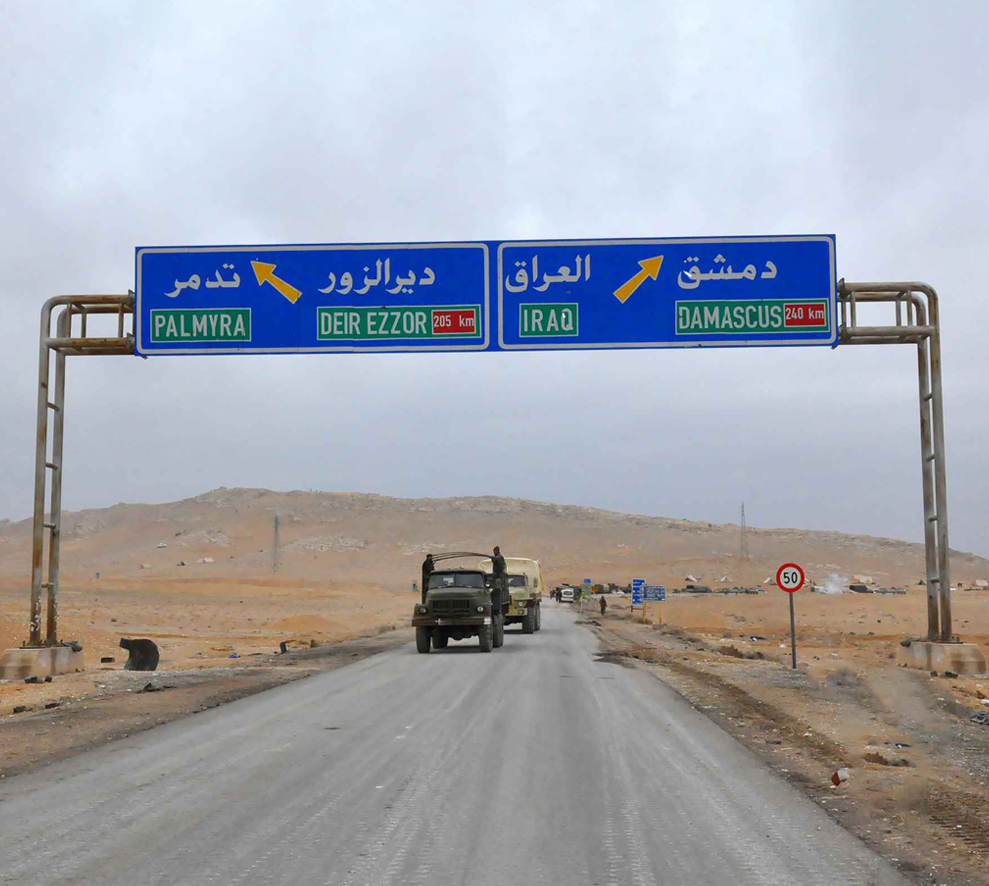Analyses
Politics
test promoted
Politics
Real clear world: A former terrorist inside the white house
Politics
NYT: The President and A Former Terrorist Meet at the White House
Politics
The Syrian Unity Predicament: Files of Sovereignty, Security, and the Kurdish Issue
Palestinian-Israeli conflict
Trump’s Plan: Second Phase Scenarios
Filter by:
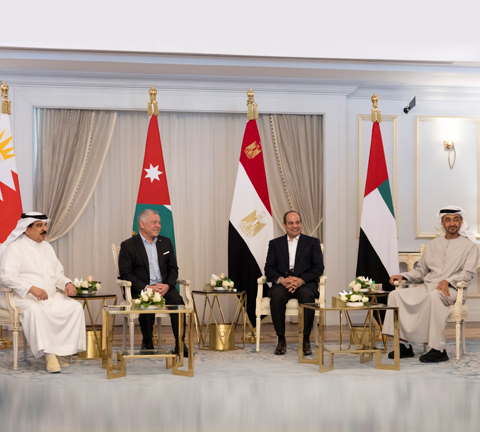
El-Alamein Consultative Meeting: Meanings and Objectives Interpretation
Policies analysis | This analysis addresses the significance of El-Alamein consultative meeting, which brought together the leaders of the Arab countries of Egypt, Jordan, the United Arab Emirates, and Bahrain, in the light of the joint economic projects, and the converging political positions of such countries, in a way that is likely to open the door to expanded Arab-Arab cooperation, with the aim of jointly confront the regional and international crises.
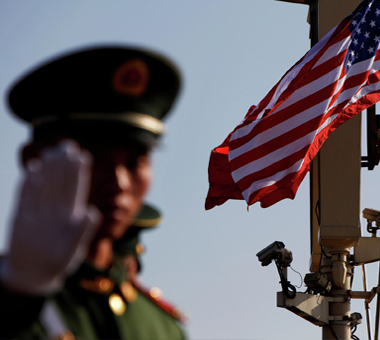
The Necessary Balance: The Rise of China and U.S. Control
This paper addresses the impact of accelerated Chinese growth on the status of the international system, at a moment when talk is more on the need to create a balance between the rise of China and the current U.S. position. This paper addresses the Chinese strategy in managing this rise, and the U.S. strategy in confronting it.
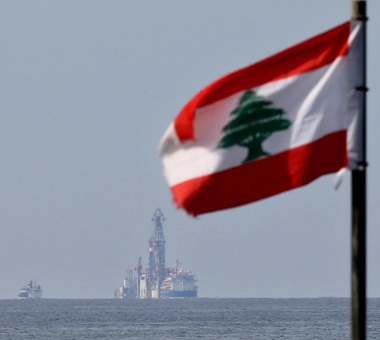
Where would the Lebanese-Israeli Maritime Conflict Lead to?
This paper estimates the legal position of the maritime border dispute between Lebanon and Israel, which is related to the right to use the resources in the disputed waters. This paper also considers to the possible scenarios of this conflict, in accordance with domestic and external considerations, within which Lebanon and Israel are taking their moves.
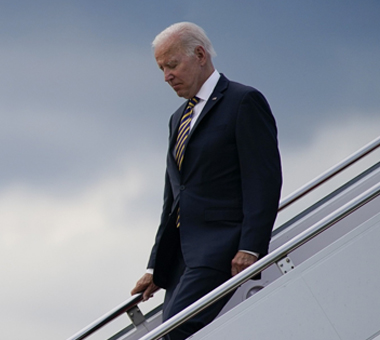
Biden in the Middle East: Searching for a New Regional Equation
This paper presents a reading of the nature of current U.S. foreign policy interactions with the Middle East environment. With a critical method, this paper reviews the most significant features of President Joe Biden's trip to the region. The paper also argues the fallacies of U.S. withdrawal and the emergence of a multipolar world. The paper is concluded in demonstrating the importance of regional balance to reduce -or neutralize- the major conflicts.
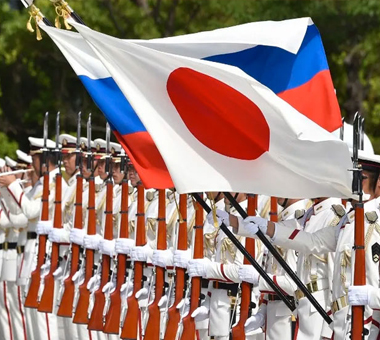
The Future of Russian-Japanese Relations in the Light of the Ukrainian Crisis
This paper addresses the Japanese policies and their future in the light of the Russian-Ukrainian crisis. The paper also addresses Japan's reactions to such policies. This paper reviews the nature of Russian-Japanese relations, and it examines the case of the Kuril Islands as one of the outstanding files between Tokyo and Moscow, since the end of World War II.
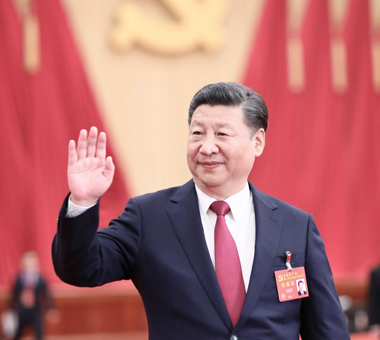
China’s Strategy in the Middle East from an Analytical Perspective
This analytical perspective addresses the ways and methods of Chinese engagement in the Middle East, building China's partnerships with various countries in that region. It also addresses the nature and future of China's presence in the region.
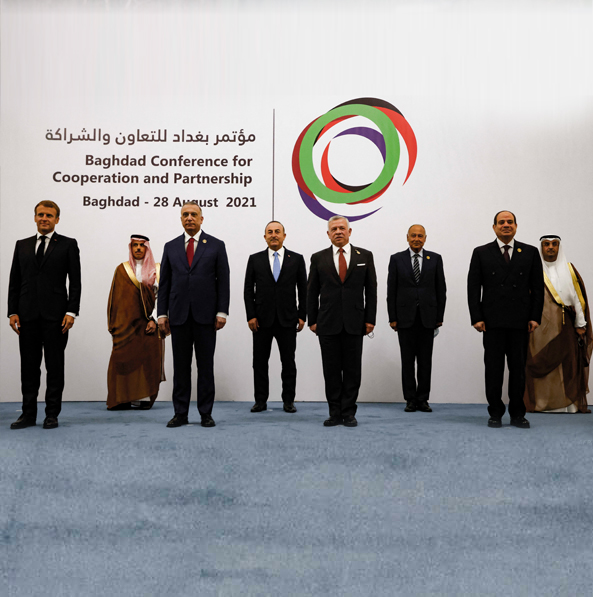
How Far Can the Reconciliations in the Region may Stand?
This Policy Paper examines the Middle Eastern countries orientation to explore the opportunities and mechanisms of cooperation among themselves to manage conflicts, and seeks to answer a key question: would the reconciliations in the region stand and reflect positively on regional realities, or is such reconciliations a temporary trend, which its results will remain limited?
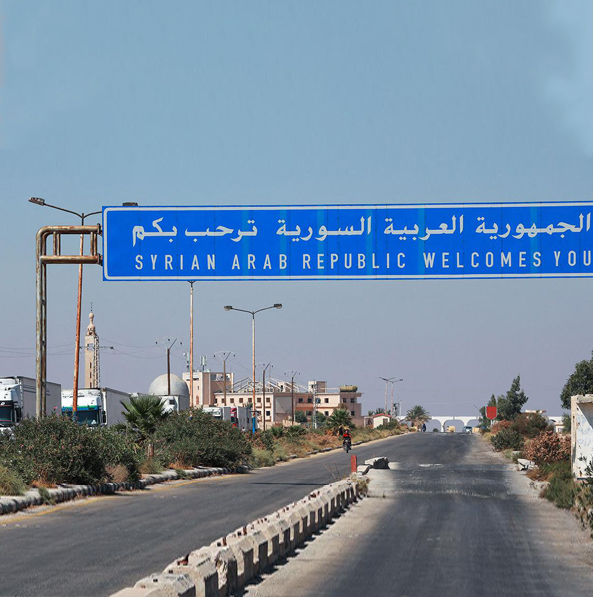
Arab Openness to Syria: Manifestations, Basis, and Prognosis
This paper addresses the manifestations of the Arab approach towards Syria, searching in the reasons and effects of such approach, starting from a main hypothesis; that is: in spite that some parties' abjection in the region, as well as the US, but the track of Arab openness on Damascus is heading forward.
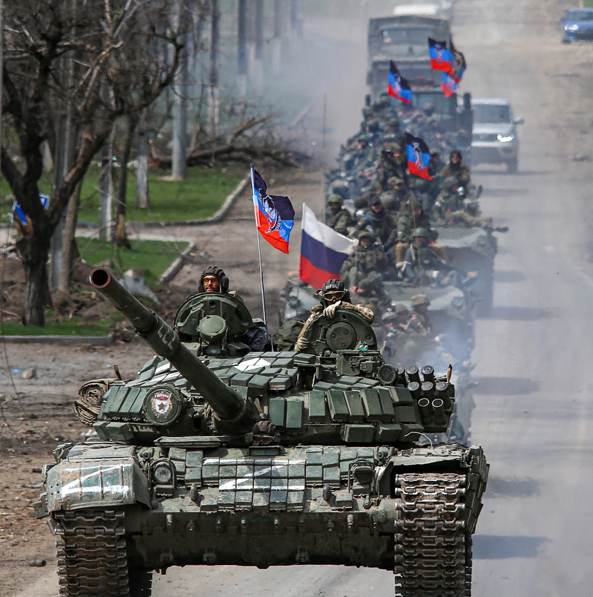
ARAB STANCES ON THE UKRAINIAN CRISIS: OPPORTUNITIES AND THREATS
This article reviews the Ukrainian crisis effects on the Arab countries, in addition to the opportunities and challenges such crisis poses, in light of the Arab regional system's position on the international scene. The article also reviews the region's position in the global energy market, as well as the potential implications on food security, in order to understand the nature of the Arab stance on this crisis.
